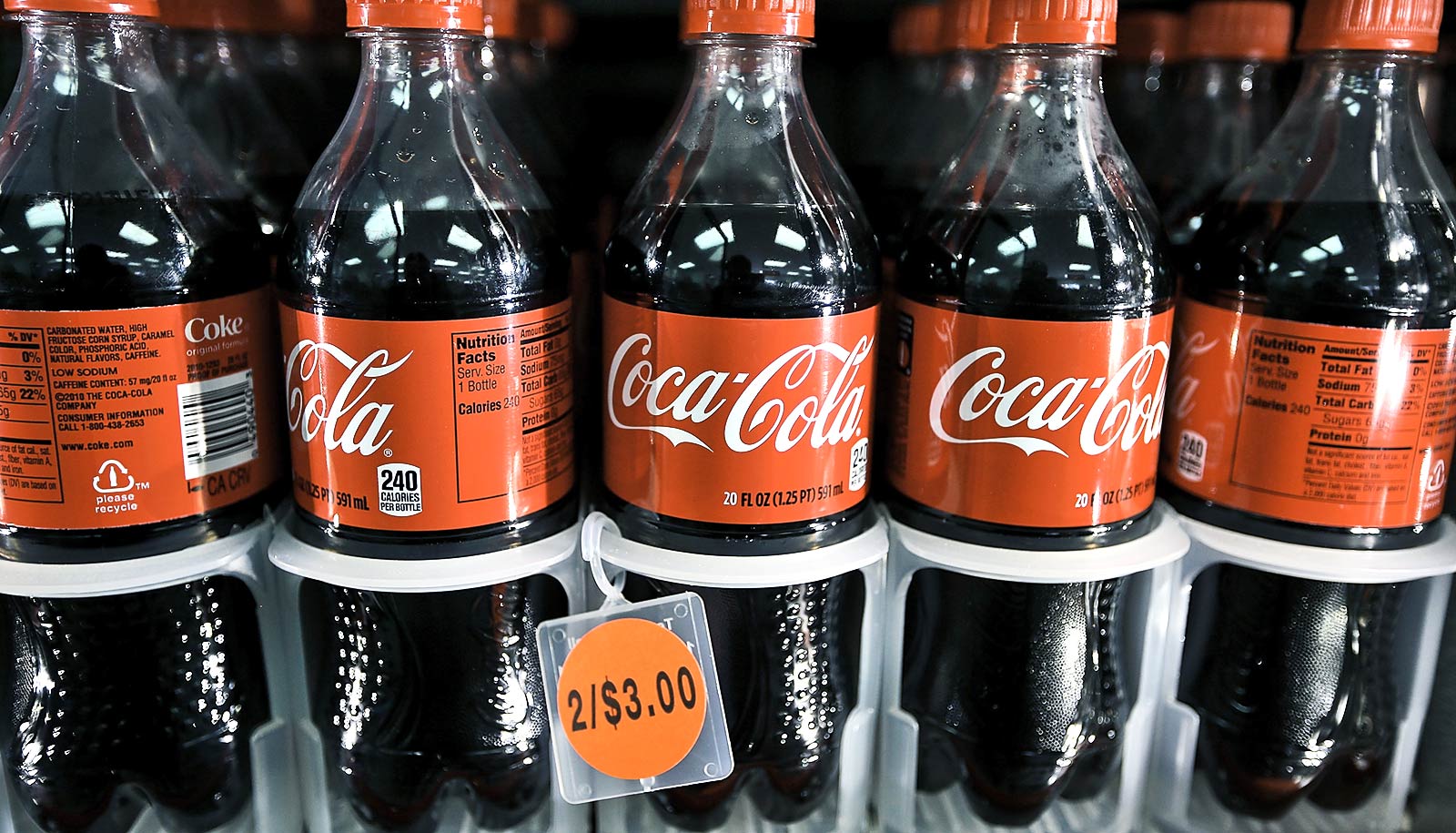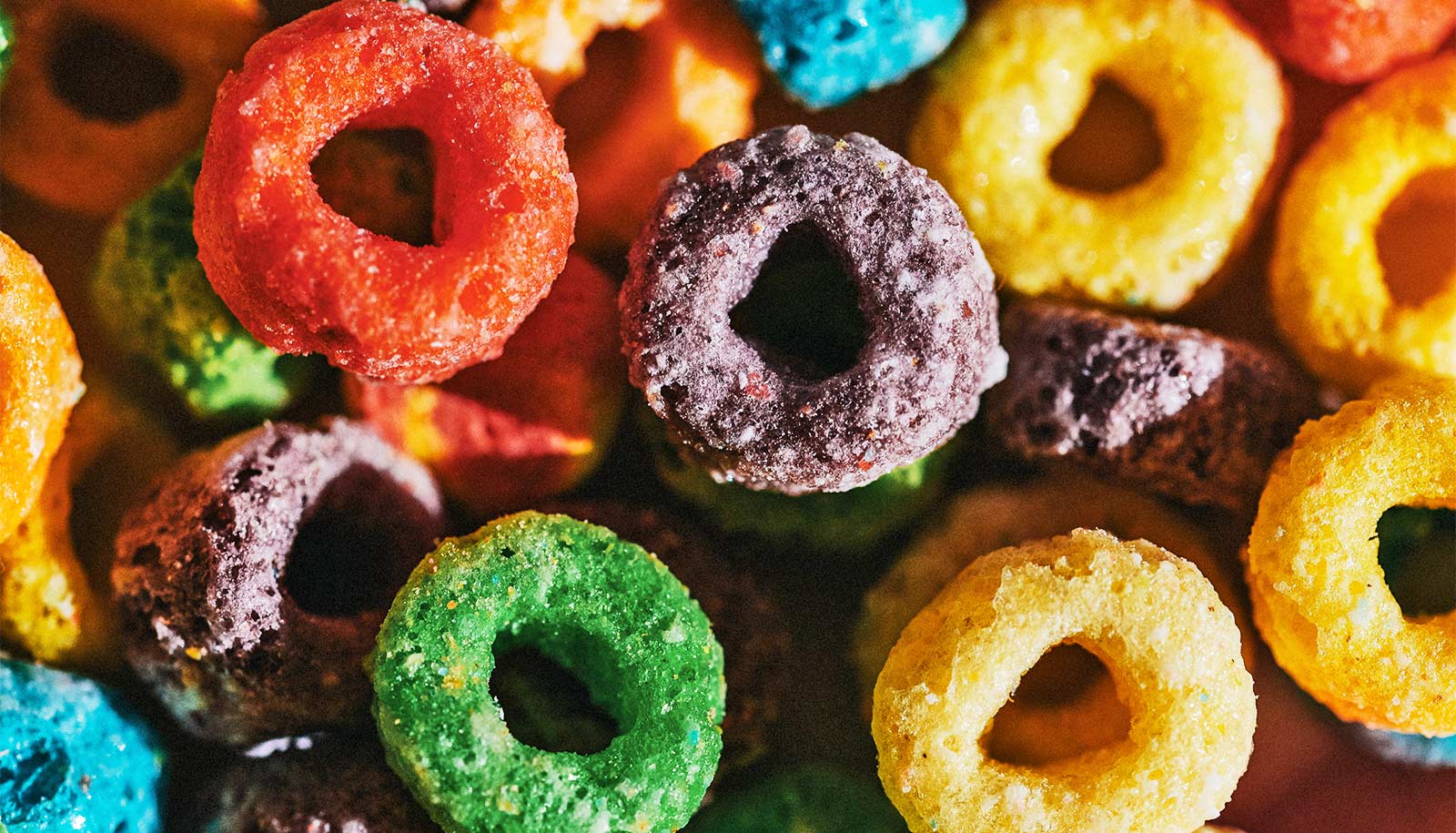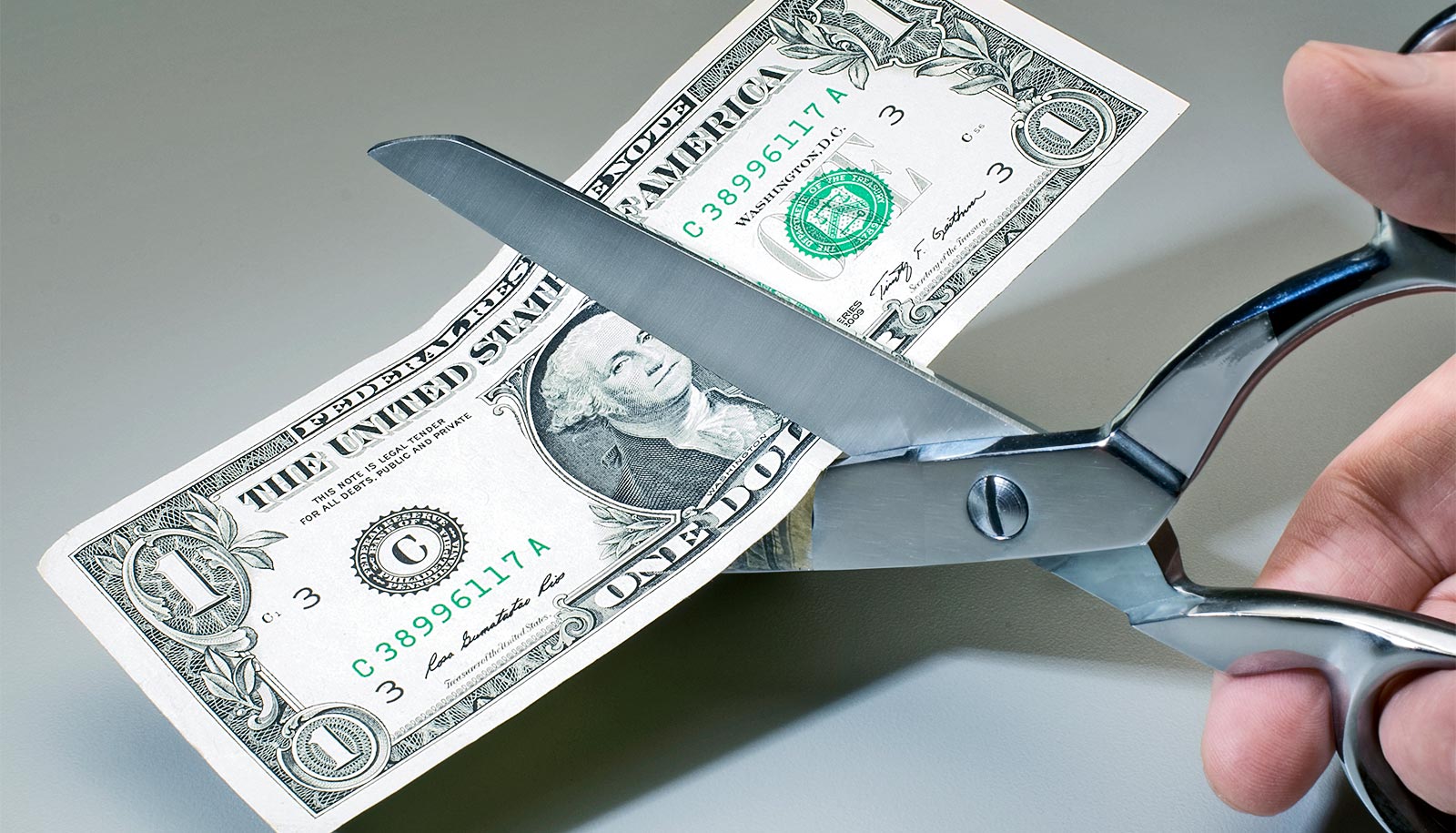Philadelphia’s soda tax, which the city implemented January 1, may have led to a rise in soda prices—even just outside the city, where taxes did not go up.
Economist John Cawley was at a research conference in Philadelphia when he happened upon a sweet natural experiment in the making.
“I thought, ‘Oh my gosh, this is a perfect natural experiment.'”
An expert in risky health behaviors linked to obesity, Cawley read a newspaper article about how an upcoming city tax on sugar-sweetened drinks would be challenging to implement in the Philadelphia International Airport, which straddles the city border: soda would be taxed in some terminals but not others.
“The story even had a map, showing the city border running through the airport,” says Cawley, a professor of policy analysis and management and of economics at Cornell University. “I thought, ‘Oh my gosh, this is a perfect natural experiment.'”
Philadelphia’s tax of 1.5 cents per ounce on sugar-sweetened beverages is one of several that cities throughout the United States have passed. The goal is to increase prices and dissuade people from drinking soda to benefit their health. These taxes have been controversial; Cook County, Illinois, recently repealed its tax, which had only been in place for a few months.
Until now, it has been unclear just how much of Philadelphia’s tax on distributors they would pass on to consumers in the form of higher retail prices. Distributors could just pay it themselves to avoid a decrease in sales, Cawley says. “Or producers like Coke and Pepsi could say, ‘We’re not going to let cities use this tax to decrease our sales; we’re going to bear the brunt of it. We’ll just sell our soda cheaper to distributors, and that’s how we’ll keep retail prices the same,'” he says.
But in Philadelphia, just 36 days after the tax went into effect, stores raised their retail soda prices by a whopping 93 percent of the tax.
“I was surprised by how much of the Philadelphia tax was passed on to consumers in such a short period of time,” says Cawley.
And some untaxed airport stores, technically located in Tinicum, Pennsylvania, also raised their prices by exactly the amount of the tax after the taxed stores did, the study found.
Why new taxes won’t stop us from guzzling soda
“It was impossible to predict in advance whether the untaxed side of the airport would limit the pass-through of the tax on the Philadelphia side, or whether the untaxed side would take advantage of Philadelphia’s tax to raise prices themselves,” says Cawley.
The 93 percent “pass-through” to Philadelphia consumers was significantly higher than occurred in Berkeley, California. Previous research (including some by Cawley and Frisvold) showed that distributors only passed on 43 to 69 percent of the Berkeley tax to soda drinkers there.
The researchers report their findings in JAMA.
Barton Willage, a doctoral candidate in economics at Cornell, and David Frisvold of the University of Iowa are both coauthors of the study.
Source: Cornell University



